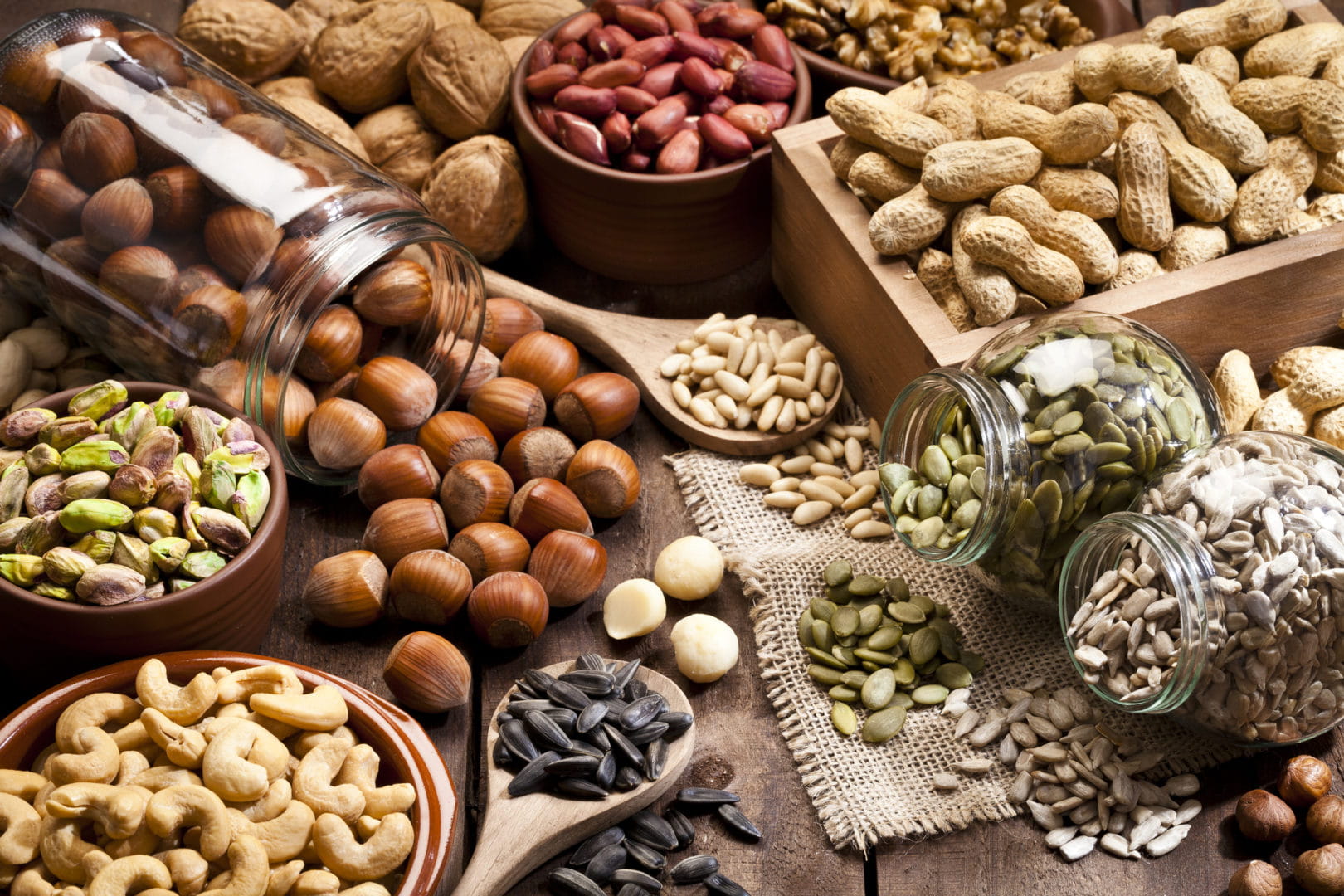Stocking Your Pantry for a Whole Food Plant-Based Lifestyle: A Beginner's Guide

Embarking on a whole food plant-based journey is an exciting and rewarding decision. With a little planning, you can enjoy a diverse array of delicious meals and unlock numerous health benefits.
This article aims to guide you through the essential staples to have in your pantry for a 100% whole food plant-based diet.
As Dr. T. Colin Campbell, a well-known nutrition expert, says, "Good nutrition creates health in all areas of our existence. All parts are interconnected." Let's begin this journey towards better health together!
- Whole Grains

Whole grains are the foundation of a plant-based diet, providing complex carbohydrates and a great source of energy. Brown rice, quinoa, barley, millet, and oats are versatile and can be used in salads, soups, stews, and as a side dish. According to Dr. Michael Greger, a renowned plant-based physician, "Whole grains can reduce the risk of heart disease, type 2 diabetes, and certain types of cancer."
- Legumes

Beans, lentils, chickpeas, and peas are essential staples for plant-based diets, offering excellent sources of protein, fiber, and complex carbohydrates. Use them in curries, stews, soups, salads, or as a base for burgers or falafel. As Dr. Neal Barnard, founder of the Physicians Committee for Responsible Medicine, says, "Legumes are the unsung heroes of a plant-based diet."
- Vegetables

Fresh and frozen vegetables are crucial for a whole food plant-based diet. Dark leafy greens, cruciferous vegetables, root vegetables, and colorful veggies all provide essential nutrients and antioxidants. Get creative with your vegetable dishes (Try our Lentil Shepherd's Pie recipe), and explore new combinations and flavors.
- Fruits

Fruits can be a delightful part of your plant-based diet. Fresh or frozen fruits are perfect for smoothies, snacks, or as a sweet addition to salads or oatmeal. Registered Dietitian Brenda Davis suggests, "Aim to eat a variety of colors to ensure you're getting a wide range of nutrients."
- Nuts and Seeds

Almonds, cashews, peanuts, walnuts, pumpkin seeds, chia seeds, and flaxseeds are all excellent sources of healthy fats and protein. Use them in salads, oatmeal, smoothies, or as a topping for roasted veggies. Nutritionist Julieanna Hever reminds us that "Nuts and seeds provide essential omega-3 fatty acids and other nutrients that are vital for optimal health."
- Herbs and Spices

Fresh and dried herbs and spices can add flavor and depth to plant-based meals. Some common choices include basil, cilantro, rosemary, thyme, paprika, cumin, coriander, and turmeric. Experiment with different combinations to find your favorite flavors.
- Non-dairy Milk

Almond, soy, coconut, and oat milk are all excellent alternatives to dairy milk. Use them in smoothies, oatmeal, and baking. As Dietitian Ginny Messina points out, "Non-dairy milks can be fortified with essential nutrients like calcium, vitamin D, and vitamin B12."
- Tofu and Tempeh

Tofu and tempeh are versatile plant-based protein sources made from soybeans. Use them in stir-fries, salads, and as a meat substitute in dishes like tacos and chili or enjoy them as part of your breakfast. Did someone say Tofu Scramble With Vegetables?
According to Dr. John McDougall, "Soy foods can be a valuable part of a healthy, plant-based diet."
With these staples in your pantry, you're well on your way to enjoying a delicious and nutritious whole food plant-based lifestyle. Remember, planning is key to making this journey enjoyable and sustainable. As you explore new recipes and flavors, you'll discover the incredible variety and satisfaction that comes with a whole food plant-based diet.

Renowned plant-based chef and author, Isa Chandra Moskowitz, encourages us by saying, "There are infinite possibilities in the plant kingdom, and the more you cook, the more you'll discover."
By embracing this new lifestyle, you are taking a significant step towards better health and a more compassionate way of living. Keep learning, experimenting, and sharing your experiences with others, as you continue to unlock the incredible benefits of a whole food plant-based diet.
Happy cooking and bon appétit!
